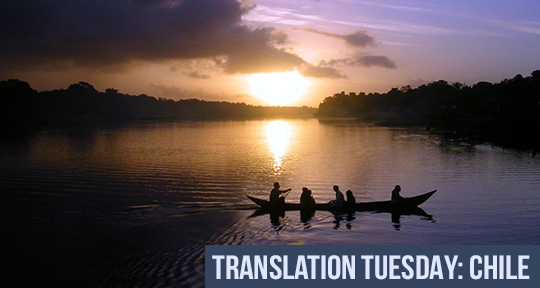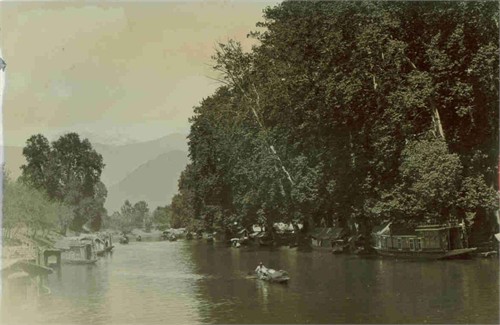My Rivers by Faruk Šehić, translated from the Bosnian by S.D. Curtis, Istros Books, 2023
In his native Bosnia, Faruk Šehić is known for his poems and the regular opinion pieces he writes for the weekly magazine BH Dani [Bosnia-Herzegovina Days], but he first came to the attention of English-language readers with a novel, Quiet Flows the Una, published in 2016. A second fiction work, Under Pressure, followed in 2019, and both books were widely reviewed and praised for their poetic narratives—a difficult task when writing about the Bosnian War of the early 1990s. He achieved this by participating in, witnessing, and describing those events, restoring human dignity to the neglected living and the memory of the dead.
My Rivers is Šehić’s first collection of poetry to be translated into English, in an excellent rendering by S.D. Curtis. Here, the imagination and the presence of dignity continues simply and powerfully through his subjects and settings, crafting a postwar future shared by the survivors of all sides. The resulting collection is an act of amazing meliorism and reconciliation that summons the strength of the “Mangled Generation,” as they are known in former Yugoslvia. READ MORE…



